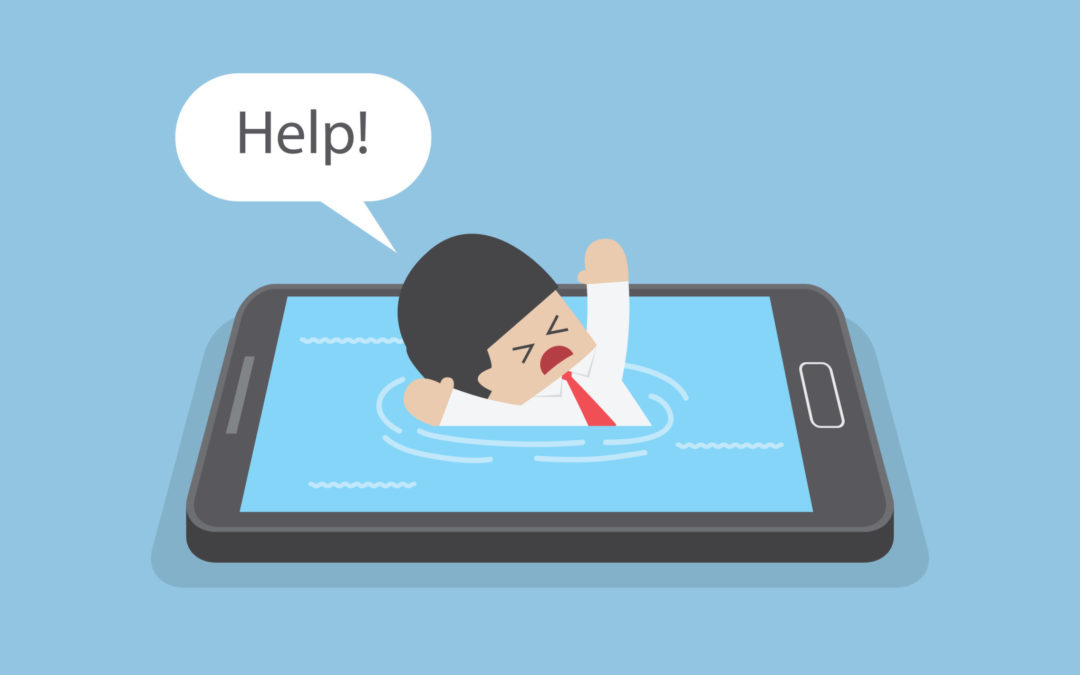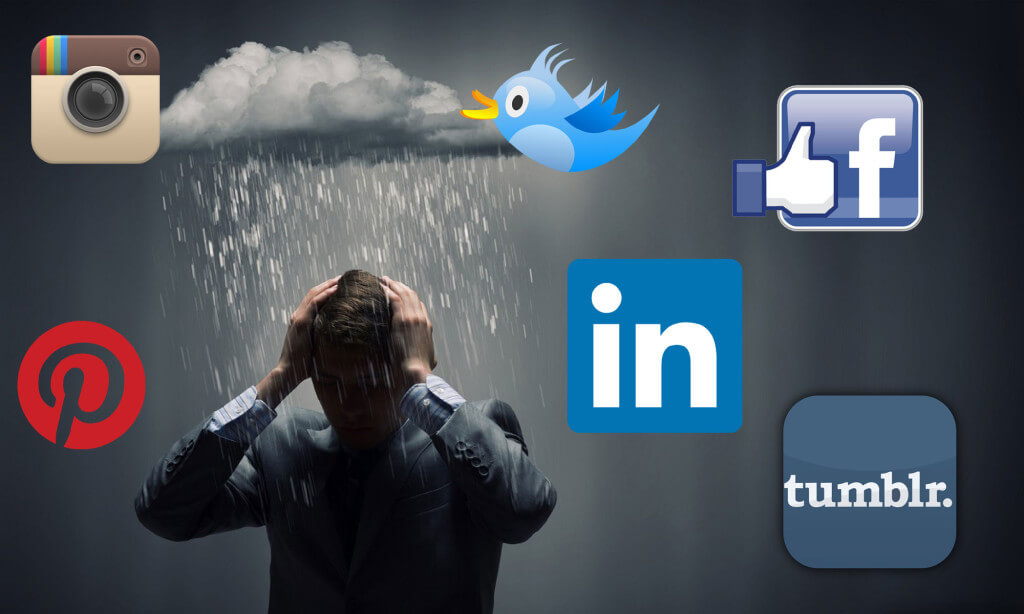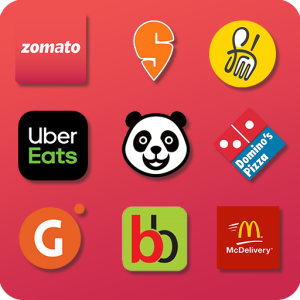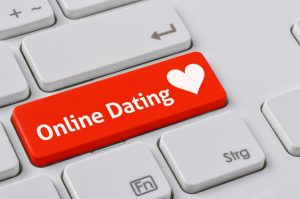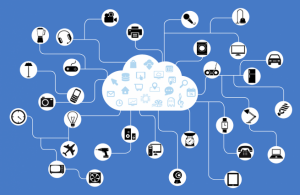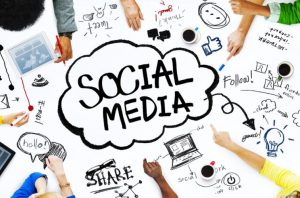You might joke about being addicted to Facebook or Instagram, but is there a grain of truth to it too? For many people, addition to social media is something that has become a problem in their lives, and they may not even know it.
Studies have shown that getting likes on a picture or post gives you a rush and actually has the same effect on your brain as cocaine, so in truth, you can equate social media to a drug. This drug is however socially acceptable, and identifying whether the rush is a good one, or one you are a bit too keen on seeking can be tricky.
The Filter Effect
It’s also been said that social media gives us a false sense of reality. and that it can cause depression as people are consistently comparing themselves to the lives of others. The problem is, what we post on social media tends to be about a third of our real lives, and thanks to filters, even that third looks a whole lot better. People who become obsessed with social media tend to spend a lot of time being envious of others who appear far prettier, luckier and richer than them, and that can become a very nasty downward spiral.
Some people even become obsessed with making their lives look perfect online. They’ll go to great, sometimes even dangerous lengths to achieve the extra likes or public approval when they should be enjoining whatever they are doing instead, be it the odds that esportsbettingaustralia.com.au has to offer, going for a run, or spending time with friends.
Knowing the signs
Interestingly, social media addiction has several signs that are just the same as drugs, alcohol and other commonplace types of addictions, and those who are a bit too hooked may exhibit much the same traits.
If you or someone you love is doing any of the following, it may be time to take a social media break, or get help:
- Incessantly checking social media accounts.
- Letting real friendships suffer
- Cancelling plans to spend time on social media.
- Putting social media ahead of work.
- Checking accounts when you are not supposed to be – especially at work
- Unable to focus as you are thinking about social media.
- Staying up late and struggling to perform at your optimum the following day repeatedly.
- Feeling edgy, anxious or miserable, as you cannot access your social media account.
- Letting your health or hygiene suffer because of your need for screen time.
- Lying about your habits or pretending you are doing other things when actually still on social media.
- Inability to not check your phone or computer to see what’s happening for long periods of time.
- Anxiety that you will miss something overriding the pleasure of doing all other activities.
The WHO recently classified gaming addiction as an official mental health disorder and the way things are going now, it probably won’t be long before social media addiction is recognised as much the same. Or at least taken as seriously and with the same stringent treatment plans in place.
